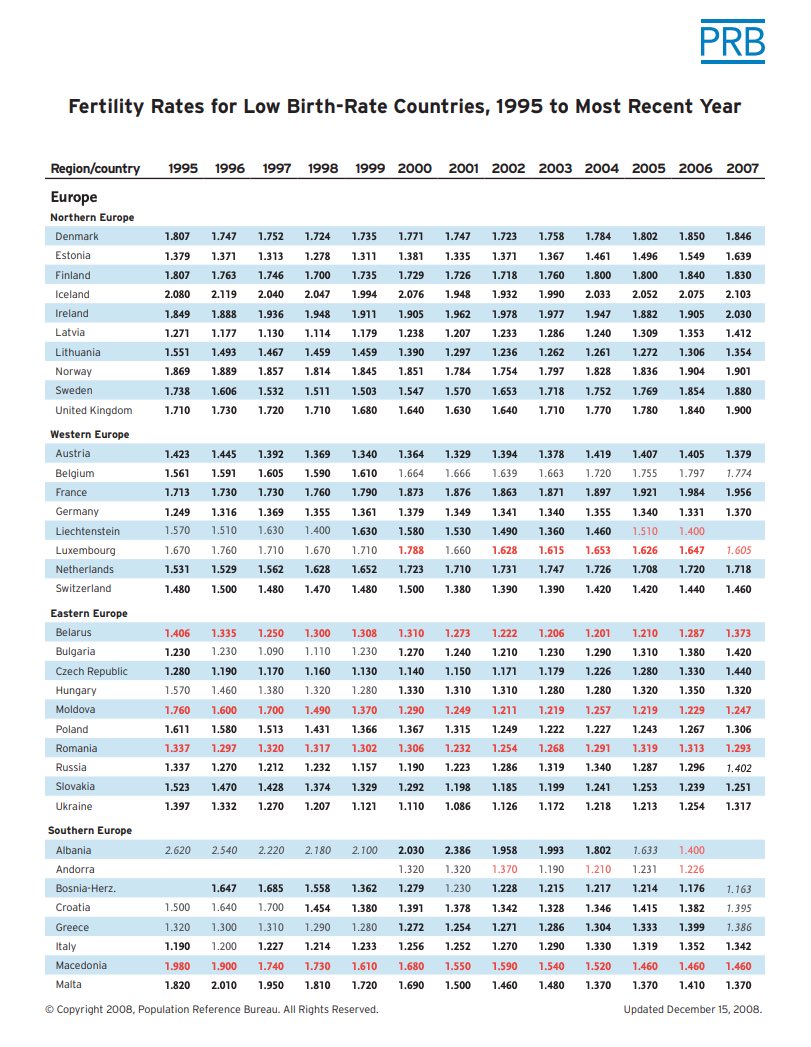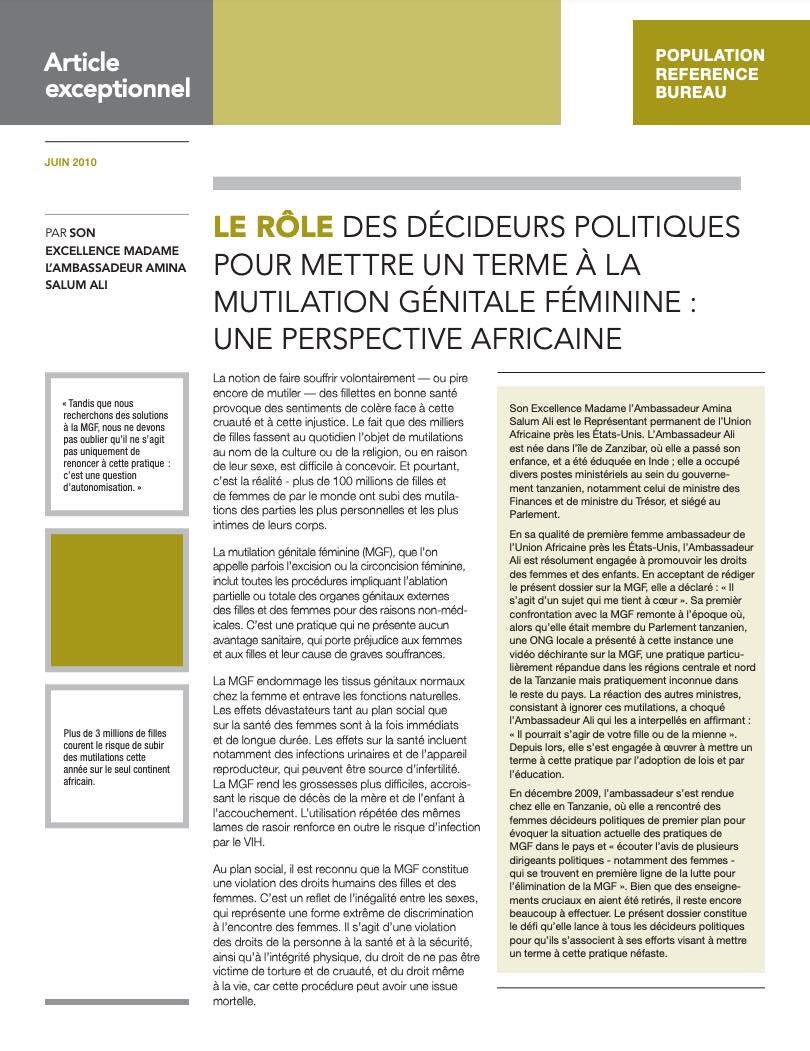The Conference of Parties to the UN Framework Convention on Climate Change
(2000) The UN Framework Convention on Climate Change (UNFCCC) was one of the principal achievements of the UN Conference on Environment and Development (UNCED) in 1992.
(2000) The UN Framework Convention on Climate Change (UNFCCC) was one of the principal achievements of the UN Conference on Environment and Development (UNCED) in 1992.
(2011) PRB's IDEA project is focusing attention on the integration of family planning into maternal and child health services, a concept that is not new, but for a variety of reasons was embraced in some countries and not in others.
(2005) With the spread of the Industrial Revolution in the 18th century, dramatic changes began to occur in the populations of industrializing countries. But do the changes that occurred in Western Europe and the United States have relevance for modern countries just entering the industrial age?

(2010) Policies are the foundation for building high-quality, sustainable family planning programs. However, while countries aspire to enhance equity and alleviate poverty, they all too often fail to articulate clear equity-based goals for family planning policies and strategies.
(2011) In the next two decades, the number of Americans age 55 orolder will swell from 76 million to 110 million as the large baby-boom generation continues to age.

Project: BRIDGE: Bringing Information to Decisionmakers for Global Effectiveness

Project: PACE: Policy, Advocacy, and Communication Enhanced for Population and Reproductive Health
In Ghana and Uganda, young people below the the age of 15 dominate the population age structure. Both countries can shift this high child dependency by empowering women to achieve their reproductive goals.
The Philippines population, health, and environment (PHE) network has developed into a global leader and a model of how to bring diverse institutions together to improve people’s health and well-being while sustaining natural resources for future generations.
(2011) The benefits of integrating family planning (FP) into maternal and child health (MCH) services go beyond improving access to FP. Integration can increase the number of trained health care personnel who are responsive to the needs of children and mothers, improve management of the health care system, and address the reproductive health of women while requiring fewer patient visits.